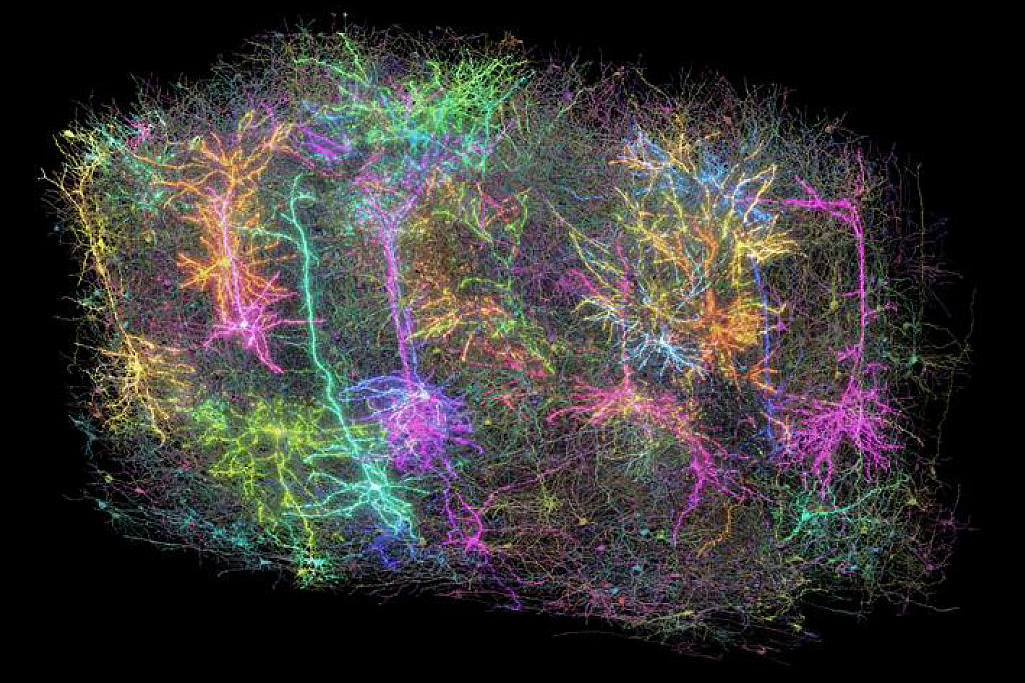Study Links Personality Traits to Philanthropic Engagement
In a world where generosity and community support vary significantly among individuals, new research has shed light on the underlying factors that drive people to volunteer or contribute to charitable causes. Besides the evident financial and social incentives, the study conducted by researchers at the University of Zurich's Department of Psychology indicates that personality traits also play a crucial role in determining one's propensity towards prosocial behavior.
This pioneering research analyzed data from 29 international studies, encompassing a staggering total of over 90,000 participants. The breadth of the studies allowed the researchers to explore different methods for assessing personality traits, as well as various forms of philanthropic engagement. These personality traits are commonly referred to as the Big Five, which include openness, conscientiousness, extraversion, agreeableness, and neuroticism.
Among the key findings, two personality traits emerged as particularly significant in relation to philanthropic activities. Those characterized by high levels of sociability and assertiveness, which fall under the umbrella of extraversion, demonstrated a greater likelihood of engaging in volunteer work. In simpler terms, individuals with extraverted personalities are more inclined to offer their time and energy to charitable endeavors.
Conversely, the study found that agreeableness strongly correlates with the willingness to donate money to charities. This correlation can be attributed to the inherent traits of agreeable individuals, who tend to possess heightened compassion and a stronger consideration for the feelings of others. These characteristics often motivate them to financially support causes they believe in.
On the flip side, the research yielded mixed results regarding the influence of other personality traits on prosocial behavior. Specifically, there was no substantial connection identified between conscientiousness and philanthropic engagement. Similarly, the traits of openness and neuroticism did not appear to significantly impact individuals' propensity to engage in charitable activities.
Wiebke Bleidorn, the first author of the study and a professor of psychology at the University of Zurich, stated, Our findings confirm that individual differences in personality play a role in whether and how much people engage in prosocial behavior. She emphasized that understanding these personality traits can enable more effective encouragement of community contributions, allowing individuals to leverage their strengths and intrinsic motivations toward the common good.
These insights are not just theoretical; they hold practical value for organizations and policymakers aiming to boost volunteering and charitable donations. As Christopher J. Hopwood, the last author of the study and a professor of psychology, noted, This knowledge can be used to develop more targeted strategies aimed at promoting volunteering and charitable giving. By tailoring approaches to individuals personality profiles, initiatives can be more effective in fostering a culture of giving.
This research signifies an important step forward in understanding the psychology of generosity. It serves as a foundation for further exploration into how personality can influence altruistic behavior, ultimately contributing to the betterment of society.
















